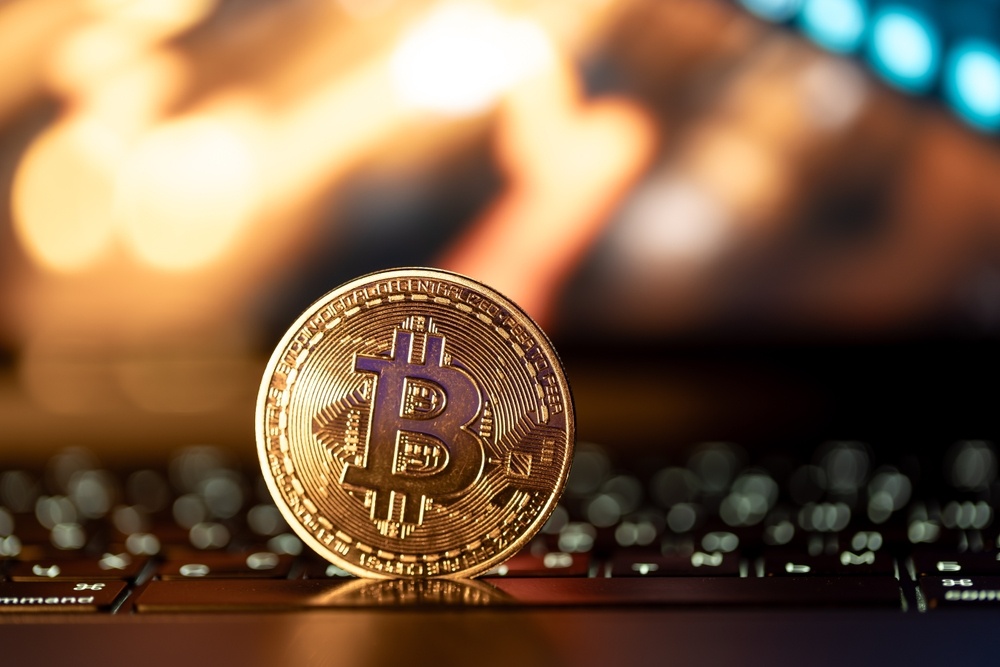Trump promotes Bitcoin reserves, cryptocurrency will help you get rich?
Coinbase CEO Brian Armstrong analyzed that Trump could become the first "Bitcoin President" in history, and at the same time discussed the impact of the cryptocurrency launched by Trump on the global market. Understand how this move could change the regulation and market outlook of cryptocurrencies.

How does Coinbase CEO interpret Trump's attitude towards Bitcoin?
Coinbase CEO Brian Armstrong said in an interview with Yahoo Finance at the World Economic Forum in Davos, Switzerland that he believes Trump may have a strong interest in building a Bitcoin strategic reserve and may even become the first "Bitcoin President" in history. Armstrong mentioned that he had met with Trump before and after his election as president to discuss the importance of cryptocurrencies and found that Trump had in-depth thoughts on Bitcoin and its potential value.
Armstrong explained that the United States has huge reserves of gold, oil and 27 rare minerals (such as palladium), so establishing a Bitcoin reserve is not a wild idea. He believes that the global economy is moving towards using Bitcoin as the monetary standard and recommends that any country holding gold reserves should include Bitcoin in its strategic reserves. This move not only symbolizes the enhanced status of Bitcoin, but may also change the future international financial landscape.
What is the significance of the launch of Trump and Melania coins?
Trump recently launched a cryptocurrency called "$TRUMP" with the slogan "Join the Trump community, this is a witness of history!" The market value of this memecoin soared to US$73 billion within 48 hours of its launch, surpassing DOGE to become the largest memecoin. However, its market value later fell back to $7.3 billion, according to CoinMarketCap data.
In addition, Trump's wife Melania launched the "$MELANIA" named after her, which currently has a market value of US$732 million. These cryptocurrencies are issued by CIC Digital, a subsidiary of Trump Group, and hold 80% of the token supply. Relevant tokens will be gradually released over the next three years and will be profitable from transaction income.
Although these measures have attracted market attention, they have also sparked ethical controversy. Critics believe that the Trump family may seek personal gain through cryptocurrency plans linked to political positions, blurring the line between public positions and personal finances.
Has global attitudes towards cryptocurrencies changed significantly?
Gautam Chhugani, a digital asset analyst at Bernstein, said that the issuance of memin by the world's most influential political figure symbolizes a significant change in the attitude of the United States and the world towards cryptocurrencies. Chhugani believes that this represents a new era of regulation, as governments begin to recognize cryptocurrencies as a technological and economic tool to reach the masses.
The development of this trend may prompt countries to make their policies more friendly towards cryptocurrencies, especially in terms of improving their legal status and attracting investment. Trump's cryptocurrency initiatives have undoubtedly brought a new boom to the industry and further promoted its integration into the mainstream financial system.
How will Trump's friendly policies on cryptocurrencies change the status of the U.S. economy?
Since launching his campaign in 2024, Trump's attitude towards cryptocurrency has shifted significantly. He not only publicly stated that he wanted to make the United States the "global cryptocurrency capital," but also appointed some experts in the fields of cryptocurrency and technology to key positions. For example, Paul Atkins, who supports cryptocurrencies, was appointed head of the Securities and Exchange Commission (SEC) and appointed venture capitalist and former PayPal executive David Sacks as the "tsar" of AI and cryptocurrencies.
The move sends a signal that the United States hopes to become a global leader in Bitcoin mining, blockchain technology innovation and regulation. Mark Palmer, an analyst at Benchmark Company, said that even if Bitcoin's strategic reserves have not yet been formed, the Trump administration's willingness to focus on promoting the development of the cryptocurrency industry is itself a major policy shift.
What is the future trend of Bitcoin prices? Do institutional investors continue to be optimistic?
As more governments and institutions express support for cryptocurrencies, bitcoin price forecasts continue to increase. Mark Palmer predicts that Bitcoin prices may exceed $225,000 in 2026. This view is supported by some large-scale investment behaviors in the market. For example, the Wisconsin Pension Fund purchased more than $160 million in Bitcoin ETFs last year, becoming one of the first traditional institutions to include Bitcoin in their portfolio.
Such investment trends show that even in the face of price fluctuations and regulatory challenges, cryptocurrencies still have the potential to attract long-term investors. If Taiwanese investors want to participate in this trend, they can pay attention to relevant Bitcoin ETFs and blockchain stocks, but need to diversify risks to reduce the impact of market fluctuations.
Disclaimer: The views in this article are from the original Creator and do not represent the views or position of Hawk Insight. The content of the article is for reference, communication and learning only, and does not constitute investment advice. If it involves copyright issues, please contact us for deletion.